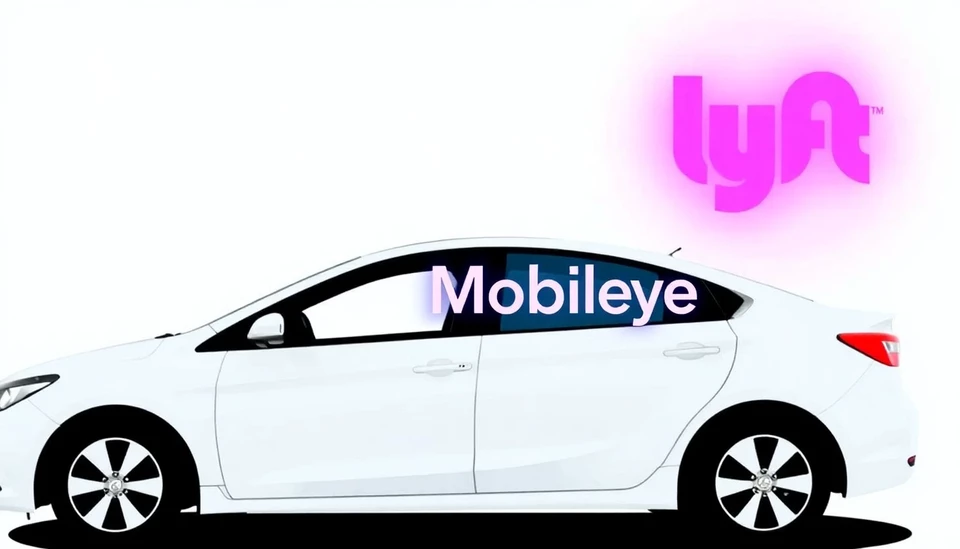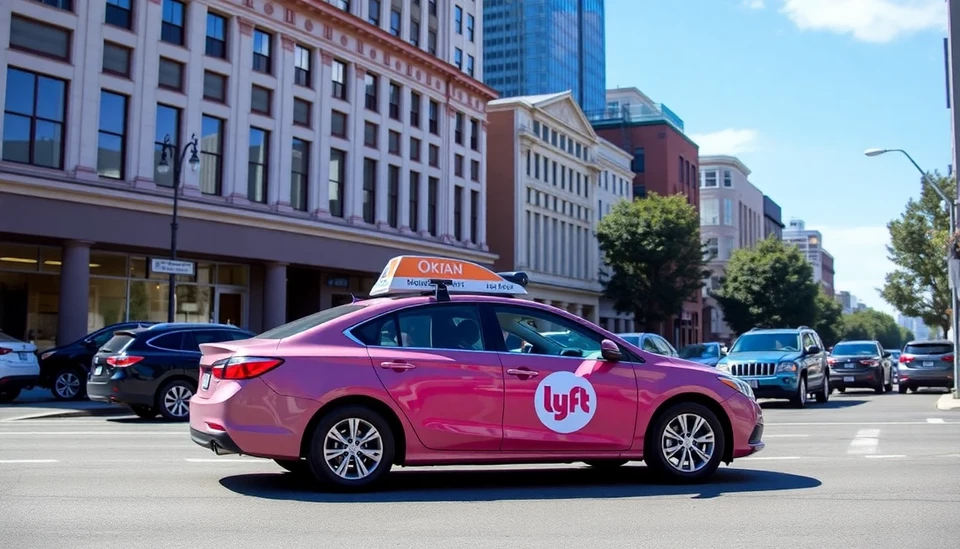
Lyft has entered into a significant partnership with Mobileye, a leader in autonomous driving technology, as part of a series of collaborative agreements aimed at enhancing the development of self-driving cars. This strategic alliance marks a pivotal moment for Lyft, as it seeks to incorporate cutting-edge technology into its ride-hailing services, paving the way for safer and more efficient transportation solutions.
Under the terms of the agreement, Lyft will leverage Mobileye's expertise in autonomous driving systems to deploy autonomous vehicles in markets across the United States and beyond. The initiative is expected to kick off with a pilot program that will utilize Mobileye's advanced sensors and software capabilities to equip Lyft’s rideshare fleet with self-driving technology. This collaboration arrives at a crucial time, as competition intensifies in the autonomous vehicle sector and consumer demand for driverless services continues to grow.
The partnership aims not only to enhance the safety and reliability of rides but also to advance the operational efficiency of Lyft's fleet. By integrating Mobileye's autonomous driving solutions, Lyft anticipates reducing operational costs and maximizing vehicle utilization. Both companies are enthusiastic about the potential outcomes of this collaboration, pointing to the endless possibilities that autonomous technology can bring to urban transportation.
As part of the agreement, Lyft and Mobileye plan to test various configurations of self-driving vehicles and refine the technology for public use, ensuring compliance with regulatory standards and safety metrics. Lyft will focus on specific urban areas to deploy these vehicles initially, allowing the companies to gather crucial data on performance and user experience in real-time scenarios.
This partnership is particularly significant in light of Lyft's ongoing commitment to sustainability. By transitioning to autonomous electric vehicles, Lyft aims to reduce its carbon footprint and contribute to a greener transportation ecosystem. The integration of Mobileye's technology is expected to facilitate a smoother transition towards electric, driverless rides, aligning with Lyft’s long-term strategic goals.
Industry experts speculate that this collaboration could set the stage for other ride-hailing companies to follow suit and explore similar partnerships with technology firms. The success of the Lyft-Mobileye initiative might compel a shift in how rideshare services are perceived, particularly concerning safety and environmental impacts. As the autonomous vehicle industry evolves, Lyft's proactive approach might position it as a leader in the next phase of transportation innovation.
Both Lyft and Mobileye are optimistic about the future implications of this partnership, hoping to create a seamless integration of autonomous technology into everyday commuting. With advancements in self-driving capabilities and a concerted effort towards sustainable practices, the ride-hailing giant is setting its sights on becoming a transformative player in the future of mobility.
As developments in this partnership unfold, the industry will keenly watch how Lyft and Mobileye navigate the complexities of autonomous driving and capitalize on the growing market demand for innovative transportation solutions.
To conclude, the collaboration between Lyft and Mobileye not only signifies a crucial step towards introducing autonomous vehicles into mainstream use but also highlights the ongoing evolution of the transportation industry as it embraces technology and sustainability at its core.
#Lyft #Mobileye #AutonomousVehicles #RideHailing #TransportationInnovation #TechPartnerships
Author: Victoria Adams




